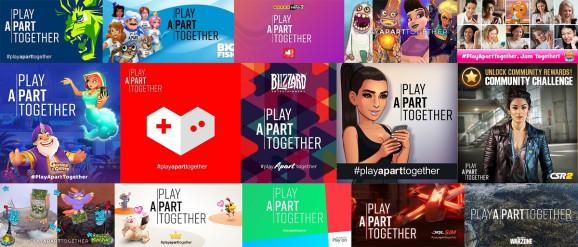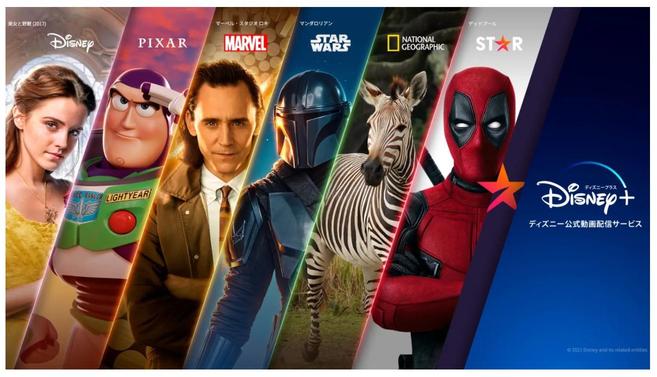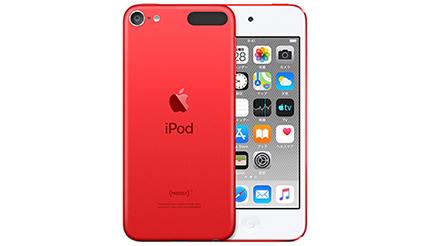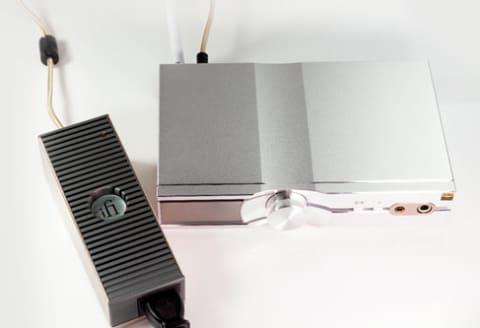The recently announced new iPad Pro.
It is full of functions that strongly push AR, and I wanted to touch it at the store as soon as possible, but unfortunately it is currently closed. Therefore, I pressed the "View in AR" button on the online store and easily enjoyed the general atmosphere of the product at home. Isn't there a lot of people who have had the same experience?
It's just like a science fiction movie, but I believe that such a near future will be realized and create a service that spreads there. And recently, while looking at the Spatial (spatial computing) era as a premise, I was searching for what kind of service was born as a realistic solution, and I came across one service. This is "Ryff" based in LA.
Ryff is a startup with AI technology based in Hollywood, Los Angeles, USA. In December 2019, we successfully raised $5 million in funding. The market in which Ryff is entering is called "Product Placement", a business format in which products are placed and advertised in the scenes of movies and TV programs.
The company uses AI to install 3D objects that appear to exist in the video space, and develops a service that advertises products in a way that looks natural. Since it is a virtual object, it is always possible to develop multiple product patterns. For example, you can place several products such as Product A when broadcasting as scheduled, Product B when rebroadcasting, and Product C for DVD.
According to market data from Statista, the US market size is about $10 billion in 2019. It's almost doubled from 2012's $4.75 billion scale, so I'd say the YoY is around 10%. According to another data, 70% of the market is TV content, and only 3% is digital content. Considering the market potential of YouTube and Netflix, there is still potential for growth.
Now, what Ryff is challenging is the common sense in the industry that "once a product is shot, it cannot be changed." We took advantage of this common sense and changed it to a format that "can be changed any number of times even after shooting, and can be distributed in various ways beyond the times and posting places".
For example, the material placed within a show that airs on Netflix can be tailored based on a variety of variables, such as individual viewers, region of residence, date, and more. Although it will be costly, it should be possible to change the products for movies depending on the region where they are shown, and it should be possible to develop TV programs that are optimized for the region where they are shown.
Ryff meets the “personalization” needs advertisers often ask for.

To briefly touch on the technical side, Ryff puts a marker (that can be read like a QR code) to recognize the product in the video to place the 3D object, and the role of the space is an AI pattern identified by recognition. The mechanism is similar to AR apps created with ARKit and ARCore, but the difference is that texture mapping that adds texture, angle, light reflection, etc. according to the space is performed with a fairly high degree of accuracy. It seems that.
Founder and CEO Roy Taylor is from Nvidia and CTO Susan Hewitt is from ARM, so we think we know how to use AI chips to render with the least power and most efficiency. can be The title of Ryff, which has a lot of IP (intellectual property), is not bad.
Let the story leap to the Spatial era from here. In the Spatial era, we assume a world where AR glasses have spread.
Ryff's current technology requires rendering using a computer with a large memory capacity, but in the span of 5-10 years, even miniaturized AR glasses will be able to perform similar tasks. I think so. In other words, we may establish a technology that allows the realistic 3D objects that Ryff currently develops to appear in front of us almost in real time.
Imagine a world in which, for example, when you walk down the street or stop by a store, the products displayed by each user look different. When you return home, all the interior and high-end furniture other than daily necessities are arranged as 3D objects of your choice.
If Facebook and Apple's AR glasses, which are rumored to be in development, become explosively popular, or if devices that can be worn all the time like AR contact lenses, which are actually being developed, are born. A life that is always connected to the digital world awaits. I believe that Ryff's technology will advance from the video content market to our daily lives.
In the Ryff-based Spatial era that the author envisions, the world will unfold in near-real time surrounded by the products you want. This is tentatively called "life advertisement".
Seikatsu Advertisement is a new advertising business format in the Spatial era that places realistic 3D object products on a location basis. The key is to balance “life fulfillment” and “advertising revenue”.
3D objects such as furniture and interiors that increase the satisfaction of life are delivered to the user. At the same time, it is a model that collects advertising revenue from the advertiser according to the impression measured on the glass terminal.
In other words, users can increase their fulfillment just by living with 3D objects in their daily lives, and companies can advertise while maintaining a high conversion rate from various approaches, and the platform can increase advertising revenue Win-Win- We can imagine a win-win, ultimate native advertising business.
Just like the case of the iPad at the beginning, we have already begun to feel comfortable calling up and looking at 3D object products in our rooms. If Ryff's technology collides on such an extension of familiarity, I think that a life that always enjoys advertising materials will be waiting. This is the concept of life advertising.
With the natural fusion of our private lives and the advertising field, the ethical issue of not knowing what is fake may also be discussed. However, it can be fully utilized for urban development, and it should be a new source of AR advertising revenue for companies that specialize in recurring content such as Pokémon Go.
BRIDGE operates a membership system "BRIDGE Members". BRIDGE Tokyo, a community for members, provides a place to connect startups and readers through tech news, trend information, Discord, and events. Registration is free.



